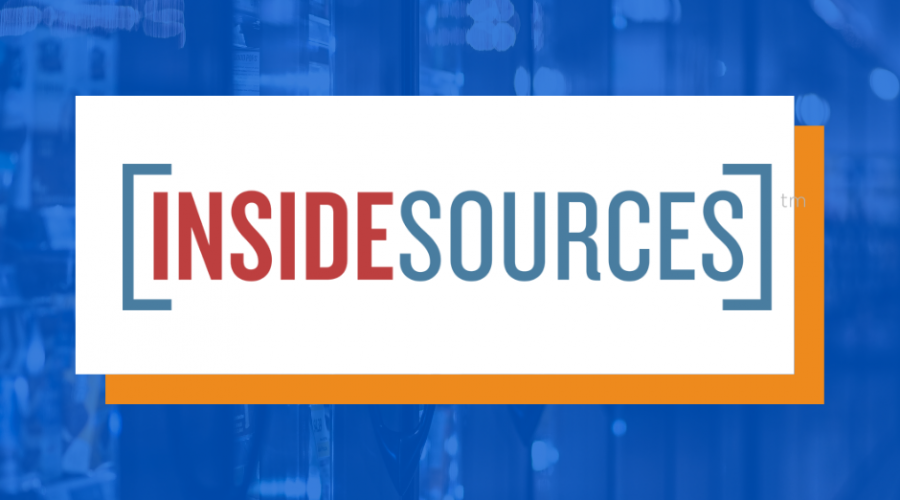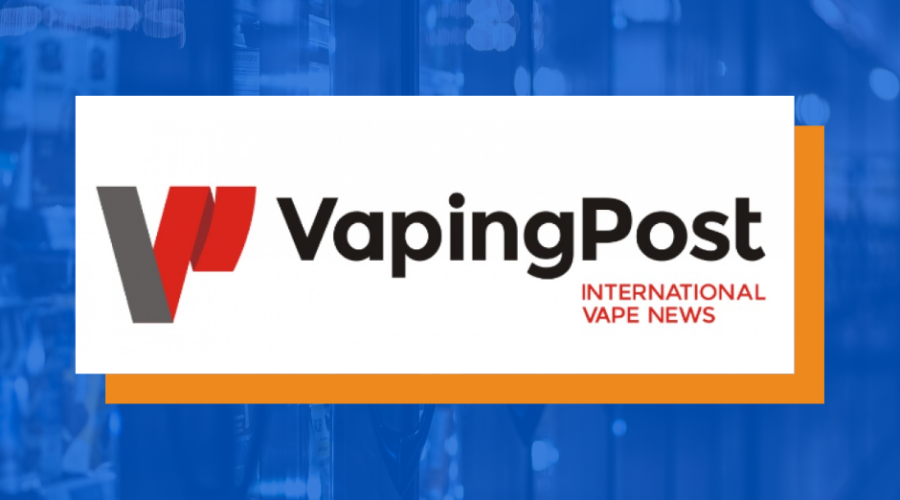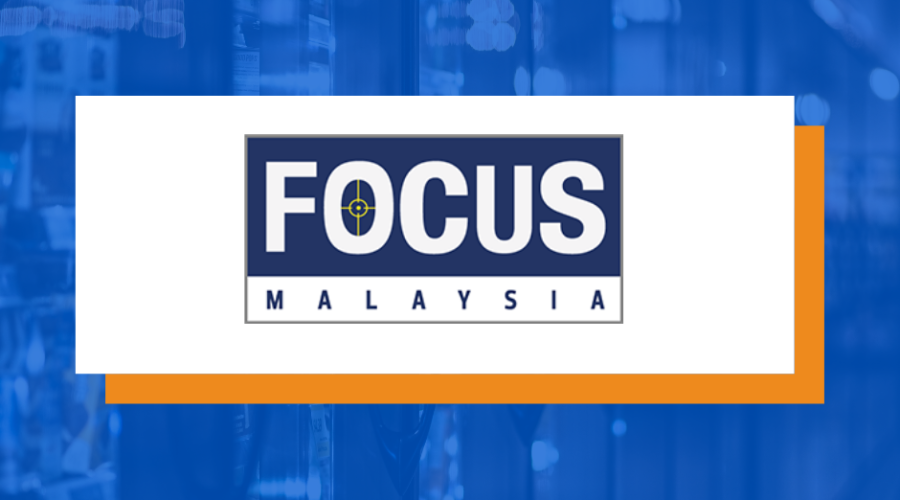The Hold on the Trillion-Dollar Crypto Trade Leaves It Vulnerable
Throughout the cascading cryptocurrency collapses and bankruptcies this summer, one name rose to the top: Sam Bankman-Fried, also known as SBF.
The Bahamas-based American billionaire entrepreneur heads FTX, the world’s second-largest cryptocurrency exchange. This year, he’s become a primary protagonist in the folding of crypto platforms and hedge funds like Celsius Network, Voyager and Three Arrows Capital, deploying a proverbial $1 billion parachute to scoop up failing firms, prop up those facing insolvency and flirt with acquisitions worth hundreds of millions.
He’s also become a primary player in American domestic politics, revealing he’s willing to spend up to $1 billionto fund the Democratic Party’s 2024 efforts. That will prove influential if significant cryptocurrency regulation makes its way through Congress, especially in the context of the 2022 “crypto winter.”
In 2022 alone, his companies acquired two crypto platforms, Canada-based Bitvo and the Japanese platform Liquid, bought a 30 percent stake in Anthony Scaramucci’s SkyBridge Capital, 7.6 percent of the trading platform Robinhood, and lent a whopping $400 million to BlockFi with an option to buy it outright by October 2023.
His relationship with Voyager Digital — an exchange that filed for bankruptcy in July — is a complicated one. His private equity fund, Alameda Research, is a creditor, investor and borrower. Bankruptcy documents show Alameda initially owed Voyager $370 million, but the company lent it more than $500 million in crypto in late June to cover client accounts. Later documents show Alameda likely borrowed up to $1.6 billion from Voyager in the end.
In the same period, Alameda Research also lent $12.8 million to Celsius Network, a crypto lending platform that filed for bankruptcy in July.
Celsius’ single-largest creditor, as revealed in bankruptcy filings, was Pharos USD Fund. This Cayman Islands-based investment firm was owed $81.1 million. That fund is managed and owned by Lantern Ventures, whose CEO, Tara Mac Aulay, is a co-founder of Alameda Research and a close associate and former colleague of Bankman-Fried at the Centre for Effective Altruism.
While a complete forensic account would be impossible to tabulate, we are left with a scenario where one individual — thanks to his controlling shares at multiple companies and connections to investors, debtors and creditors — has a major stake in a significant part of the broader cryptocurrency trading industry.
The various loans, swaps and leveraged trading are typical for financial institutions. Still, they represent an entirely new level of risk in the world of digital money based on open blockchains.
Owing to his newfound relationship with lawmakers and political campaigns — especially as President Biden’s biggest donor— he’ll also have significant weight in shaping the future of Democratic Party politics.
There is no doubt that SBF is one of the most successful investors of our time. But does his significant position constitute a risk for a new innovative sector of our economy?
For those of us with a significant interest in Bitcoin and other cryptocurrencies — protocols designed to be decentralized — to see so much capital and control vested in one person is a warning sign.
With so much crypto value tied up on exchanges and lending platforms rather than people’s private wallets, there are hundreds of billions of dollars at risk for consumers. As we saw with the collapse of TerraUSD, an algorithm stablecoin, it only takes one bankruptcy to send shockwaves. Can a trillion-dollar industry continue to rely on a single investor’s altruism and business acumen?
Politicians in Washington will soon set the rules for how the government classifies cryptocurrencies. They will invoke financial risk, uncertain investments and consumer protection. Bankman-Fried will inevitably have an influence on whatever the outcome will be.
It would benefit us all if future rules help bring regulatory clarity, keep shady actors at bay and provide financial transparency. The whims of a single person, however successful they may be, cannot be the guiding light for the future of decentralized digital money.
Originally published here






